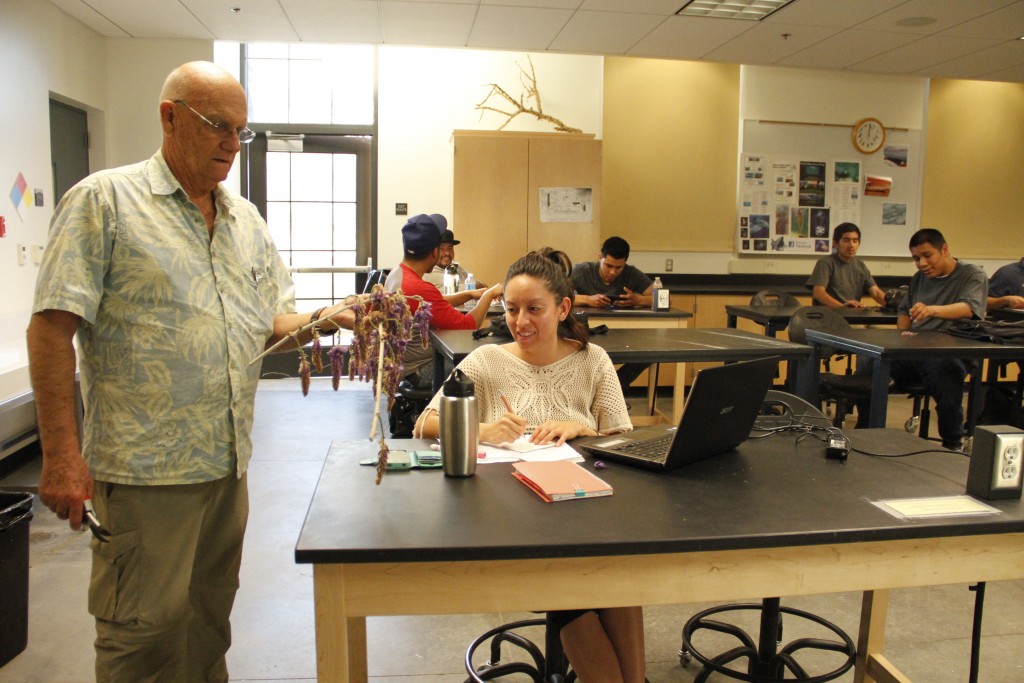
New modifications to a horticulture viability review were approved last Monday by the Pierce College Academic Senate.
The modifications aim to add faculty and possibly repair defunct buildings.
If the propositions by the committee are not enacted, the program will eventually close down, which would impact the upkeep and maintenance of the various agricultural locations and affect environmental science and biology classes.
“We have one horticulture teacher who has sent in his retirement papers,” said Department Chair of Agriculture & Natural Resource Leland Shapiro. “We need to hire one right away.”
The process by which the college enacts these proposals is a long road, said Donna Mae Villanueva, dean of academic affairs.
“Once the committee makes the recommendation, they send it to the Educational Planning Committee, then to the senate president,” Villanueva said.
After the recommendation reaches the senate president, she adds a motion to the agenda, and if approved, it is then sent to the college president who ultimately decides its fate, according to Villanueva.
Several plans were proposed in the 2014 follow-up to the original horticulture viability review committee report back in 2007. Those issues included the demolition and replacement of the run-down greenhouse and lathe house that were damaged during the 1994 Northridge earthquake.
In addition, the study examined the possible establishment of a business arrangement with Pierce’s Enterprise Office. Such an arrangement with the Enterprise Office can help establish the program as self-sufficient and able to provide students with hands-on job training.
The horticulture viability study committee is a senate-directed action to review that department, and ensure that the college’s instructional supplies are used properly to fulfill the needs of the students.
A review was performed in March 2007 for this purpose, as outlined by the Pierce College Horticulture Viability Committee Report, published in May 2007.
A recommendation was made to replace the greenhouse with three standard industrial greenhouses and two bungalow-type classrooms identical to the classrooms in the Village.
The recent committee modification may lead the school to hire a horticulture instructor to replace Jody La Chance, who has submitted retirement papers.
Multiple attempts to contact La Chance were unsuccessful.
There is currently an instructional assistant who helps with lab classes, supervises volunteers and club members when faculty is unavailable, and helps maintain various locations of the program.
“[The Horticulture Program] needs to get back on its feet,” said Keith Peabody, the instructional assistant that was hired in the Fall 2014 semester. “[The program] started out with $19-million bonds, now it’s one million.”
The locations maintained by the horticulture department include the S. Mark Taper Life Science Botanical Garden, the Nature Preserve, the Arboretum, along with the Braille Trail, which are considered valuable resources for the Agriculture Department.



